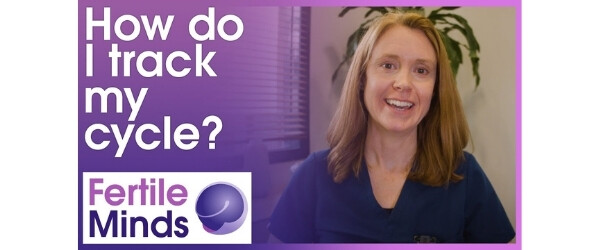Ovulation Calculator
Estimate your fertility window with our easy-to-use ovulation calculator
Your fertile window is the days in each menstrual cycle where you have the highest chance of conceiving. If you and your partner are trying to get pregnant, you should aim to have regular sexual intercourse – around every second day – during your fertile window.
How to use our Ovulation Calculator
Simply select your usual cycle length from the dropdown box and then choose the date on the calendar when your last period started. With this information, our ovulation calculator estimates your next fertility window (and the next one after that).
Based on your results from our ovulation calculator, you can also sign up for handy email reminders, so you’ll know your ‘Fertile Window' for the next few months.
How to calculate your fertile window / How to calculate ovulation
Every month, from puberty to menopause, women go through a three-stage menstrual cycle that takes around 26-32 days (typically 28 days). This cycle controls the maturation and release of an egg, and prepares the uterus to receive and nurture an embryo so a pregnancy can be created.
If you are trying to conceive, your most fertile time – or ‘fertile window’ – is when the egg is moving along the fallopian tube. Once released, an egg survives for 24 hours, whereas sperm can live within a woman's body for 2 - 3 days. Every woman’s cycle is different, and your own cycle may also vary month to month. To work out when you ovulate, subtract 14 days from the number of days in your cycle. So if your cycle is usually 29 days long, you can expect to ovulate on day 15.
To maximise your chances of conceiving, you should aim to have regular unprotected sex during your fertile window, paying special attention to the two days prior to ovulation.
What are the common signs of ovulation?
Common physical symptoms and signs of ovulation include a change in the consistency of cervical mucus (clear and slippery, similar to raw egg white), or increased libido.
What if I have irregular menstrual cycles?
If you have infrequent or occasional periods, or no periods at all, you may have an ovulation disorder. This is often caused by a deficiency in one of the controlling hormones. If you are not ovulating often, you will have reduced opportunities to conceive, or if your periods are irregular it may be difficult to calculate your fertile window.
Your doctor can test for ovulation dysfunction via simple blood and/or urine test to measure hormone levels, and may perform an ultrasound scan to check for any physical factors that may be affecting your menstrual cycle, such as the presence of ovarian cysts or endometriosis.
Treating ovulation dysfunction may be as simple as taking medication to encourage ovulation or tracking your hormone levels throughout your cycle to predict when ovulation is going to take place.
If you have been trying to conceive for a while without success, your Fertility Specialist may recommend Ovulation Induction (OI). OI is a simple process that encourages your eggs to form and develop, and can help women who produce low levels of the hormones that enable conception, or who are not ovulating at all. Treatments involve having FSH injections to increase the chance of conception.
How long should I try to get pregnant before seeking specialist advice?
It is recommended that you consider seeking professional advice after trying to conceive naturally without success for 12 months if you are under 35 years-old or after 6 months if you are over 35.
A fertility specialist can conduct some simple fertility tests to find out what’s happening, explore all your options and help you fall pregnant sooner.
Ovulation Cycle Tracking
Ovulation tracking is a simple process that can help you identify which days you’re most fertile; making it easier to plan when to have sex to give you the best chance of conception. It doesn’t require any invasive treatments and is much more accurate than home ovulation predication kits.
Follow our steps to boost chance of pregnancy
Whether you’re trying to conceive now, or hope to fall pregnant in the future, there are many ways you can improve your chances of falling pregnant – our Fertility Insights Program is a great place to start.
Developed by leading fertility specialists, it’s a six step program full of informative and practical free pregnancy advice that any woman trying to conceive should follow.
All Queensland Fertility Group doctors are expert gynaecologists and obstetricians who specialise in fertility, and can help with the diagnosis of ovulation disorders and identifying the best course of treatment to help you get pregnant.
If you would like more information, or you would like to book an appointment with a Fertility Specialist, please call 1800 111 483 or complete the form below.

Watch our fertility videos
Fertile Minds YouTube Channel
Watch helpful videos on all things fertility, from how to track your cycle and the best time to have sex to conceive, to gaining knowledge about female fertility factors such as endometriosis, fibroids and PCOS. Check out the Fertile Minds playlist here.

Fertility Blog
Menstrual Disorders Explained
From the absence of periods, to heavy bleeding, extremely painful periods, or highly irregular cycles, menstrual disorders are actually more common than you might think.